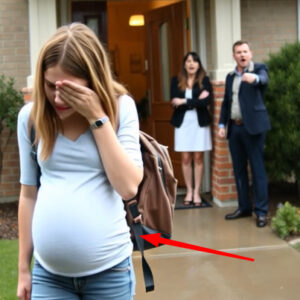The Redwood Falls Gazette in Minnesota published an obituary for Kathleen Dehmlow that began like any other but soon shocked readers with its unusually harsh tone. It opened with the usual details: Kathleen was born in 1938, married Dennis Dehmlow in 1957, and had two children, Gina and Jay. Midway, however, the obituary took a dramatic turn, revealing that she became pregnant by her husband’s brother, Lyle, and abandoned her children, who were then raised by their grandparents.
The obituary ended bluntly, stating that Kathleen would not be missed by Gina and Jay, and that the world was “a better place without her.” The strikingly unforgiving words, written by her children, spread quickly across social media and major news outlets, sparking widespread debate. The Gazette later removed the obituary from its website, though the editors clarified that, as a paid submission, it violated no rules.
Its syndication partner, announced a review of its policies to prevent similar controversies. Family members offered mixed reactions. Kathleen’s relative, Dwight Dehmlow, acknowledged that the account was true but stressed that she had regretted her decisions over the years and that the obituary failed to represent her life in full. His comments highlighted the tension between private mistakes, public judgment, and how families choose to remember loved ones.
Media observers noted that obituaries have long been viewed as respectful tributes, yet this case revealed how they can also serve as an outlet for unresolved family conflict. The obituary of Kathleen Dehmlow ultimately became more than a personal notice of passing—it ignited a national conversation about memory, forgiveness, and the evolving role of obituary pages in the digital era.





